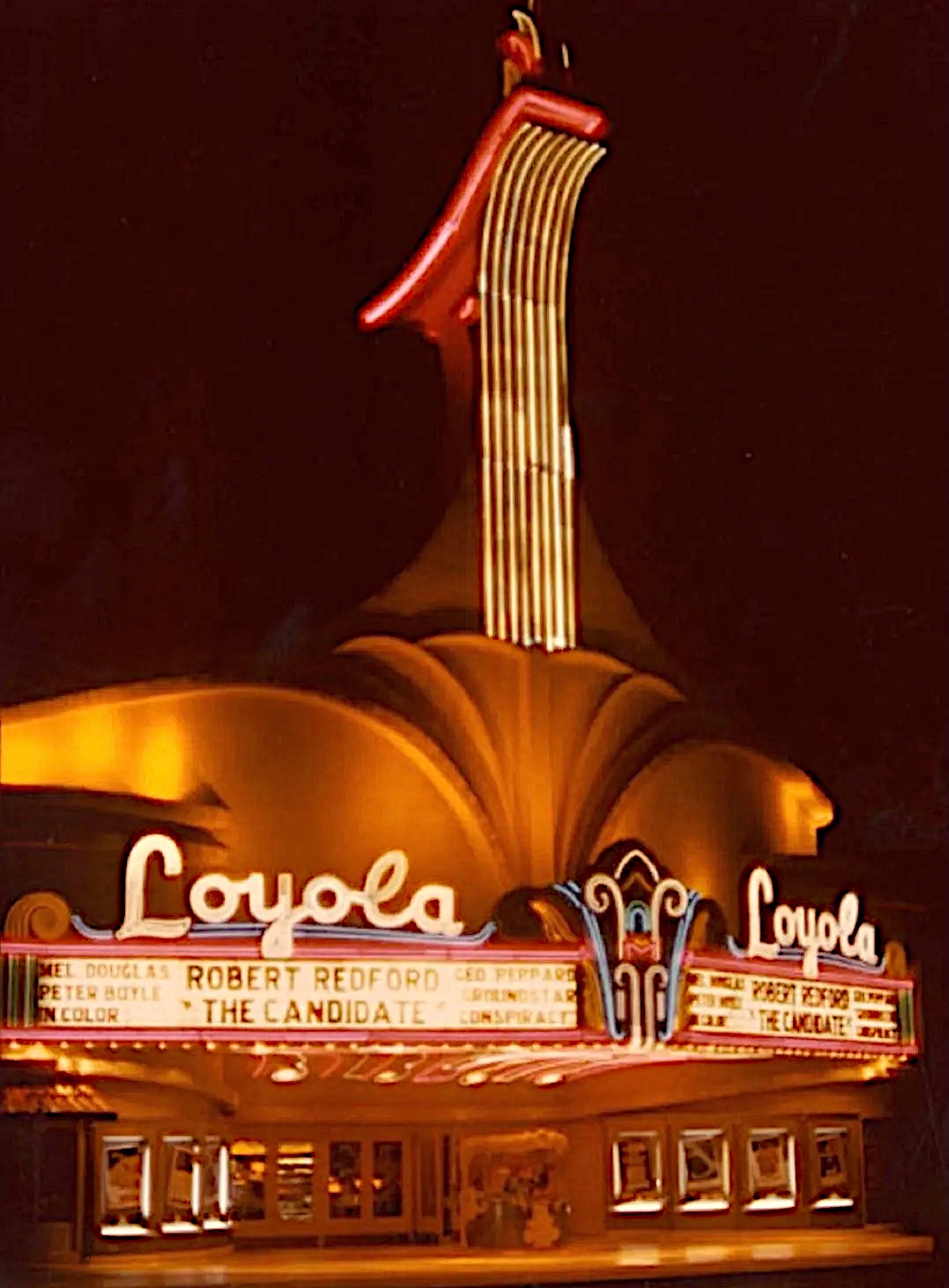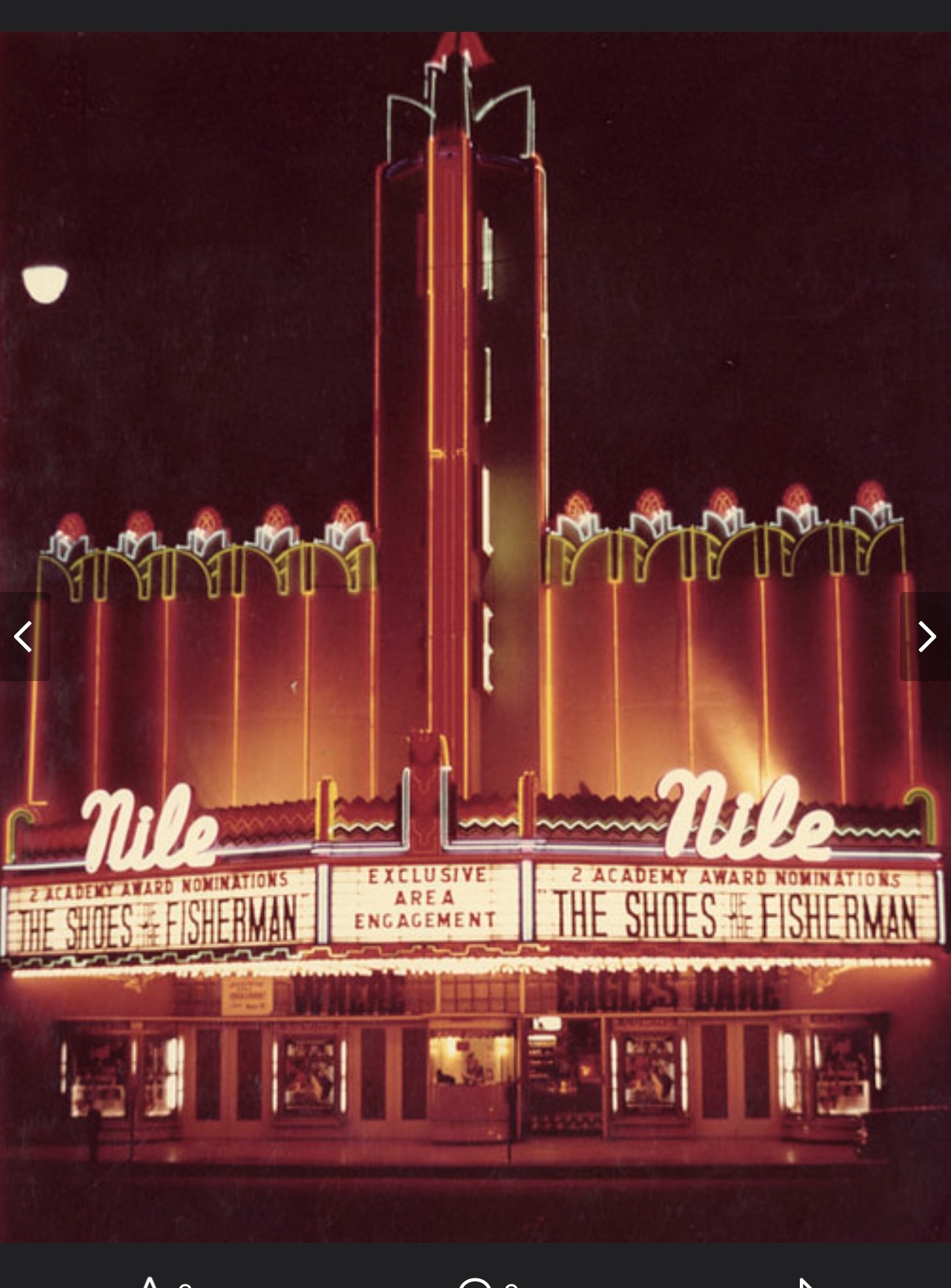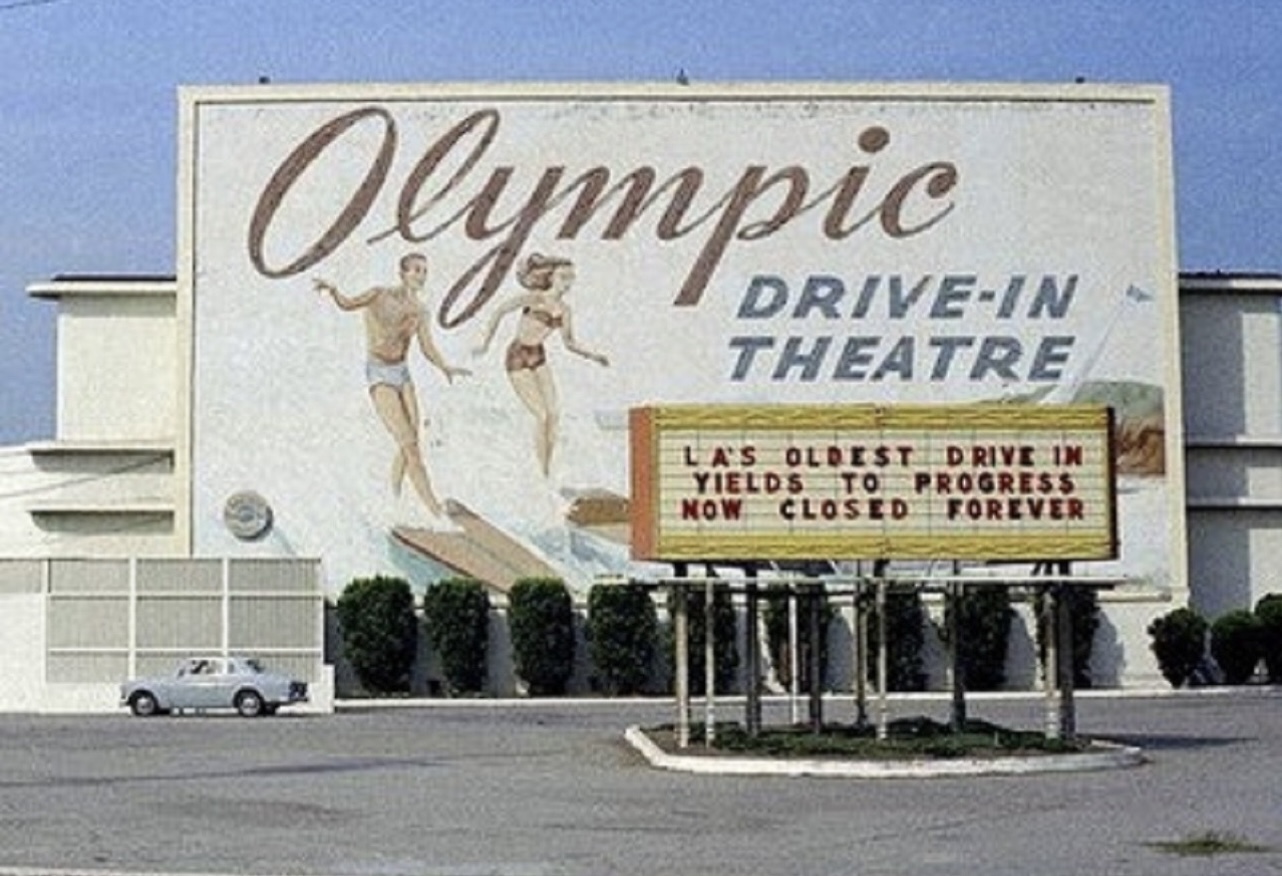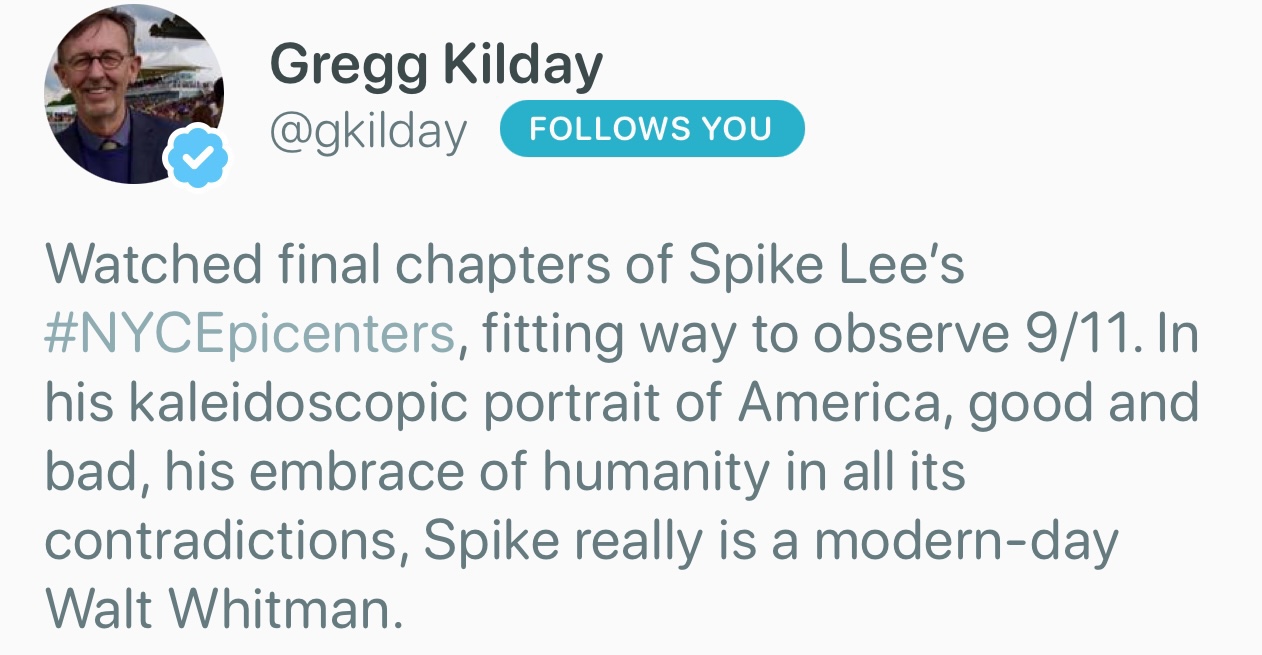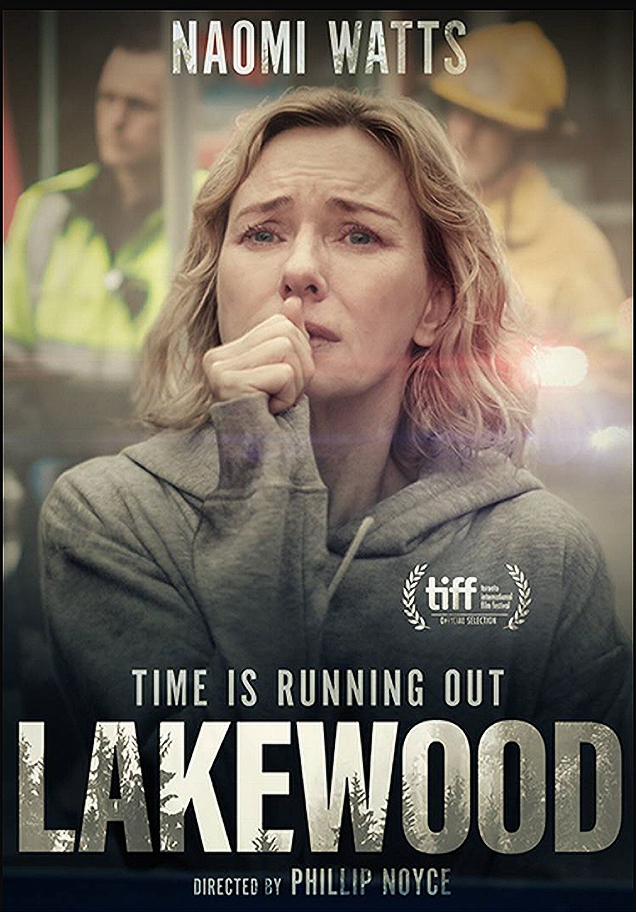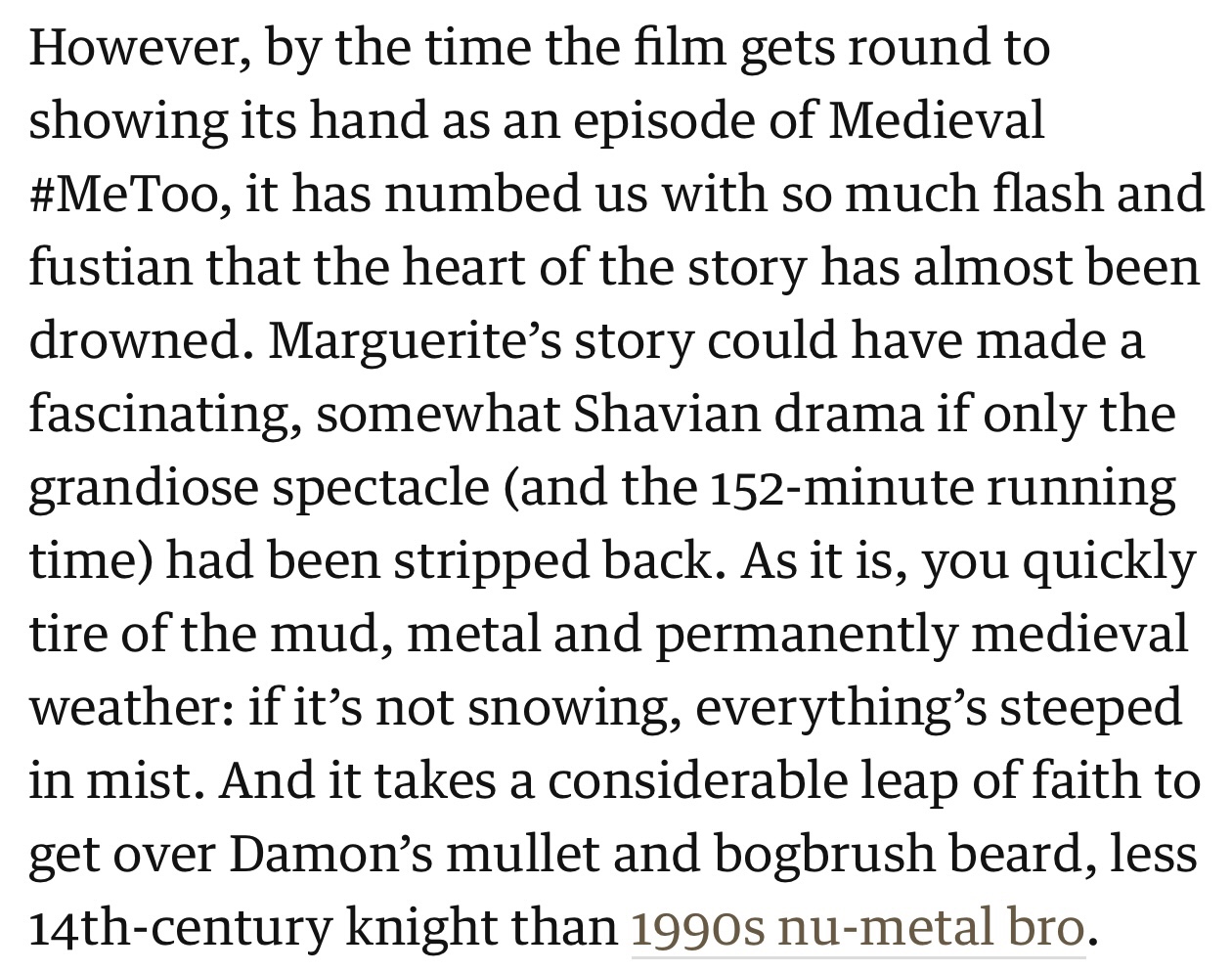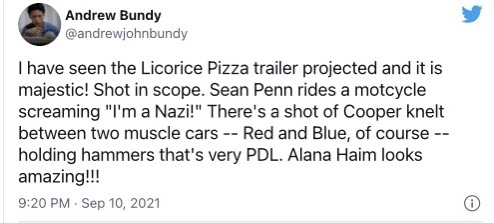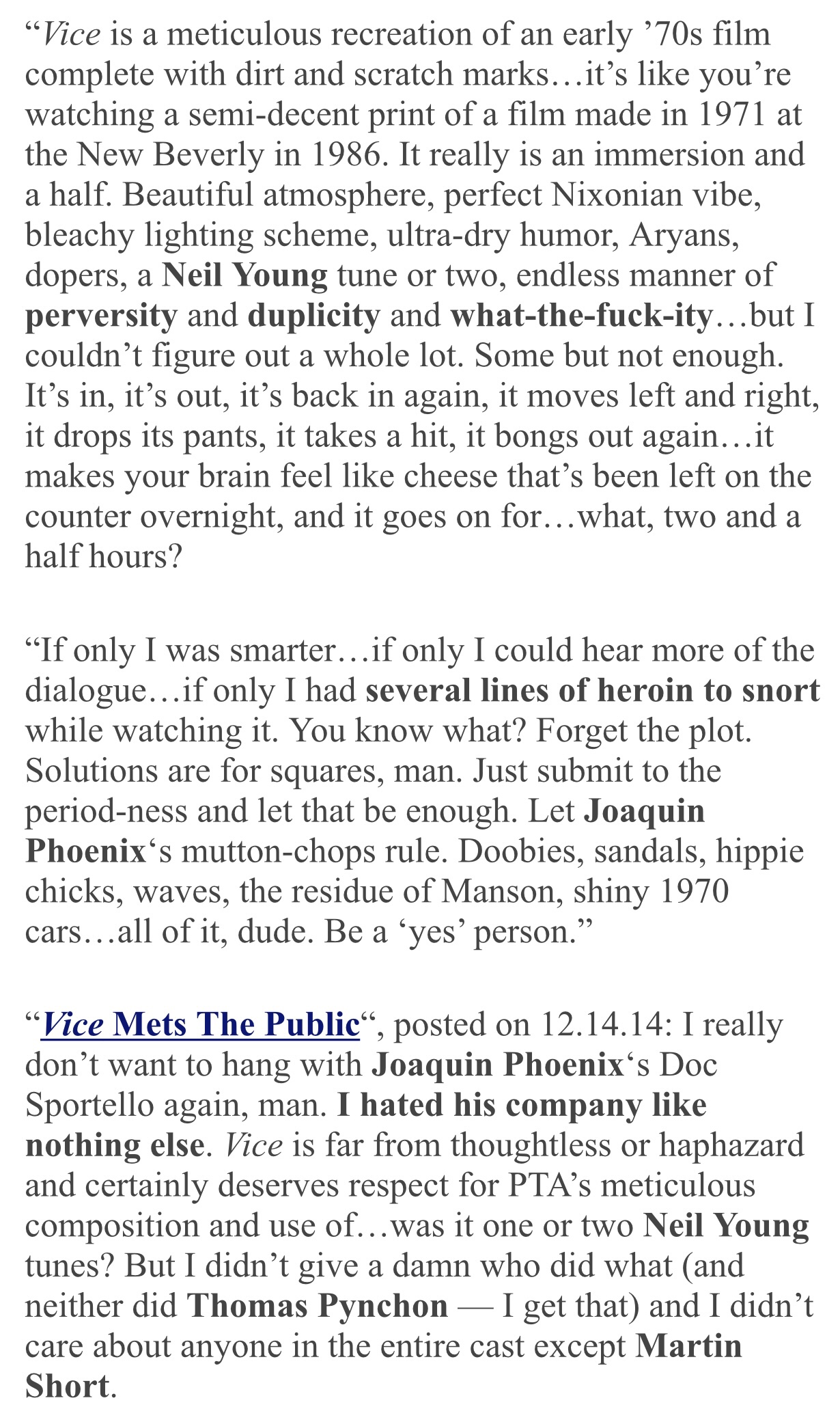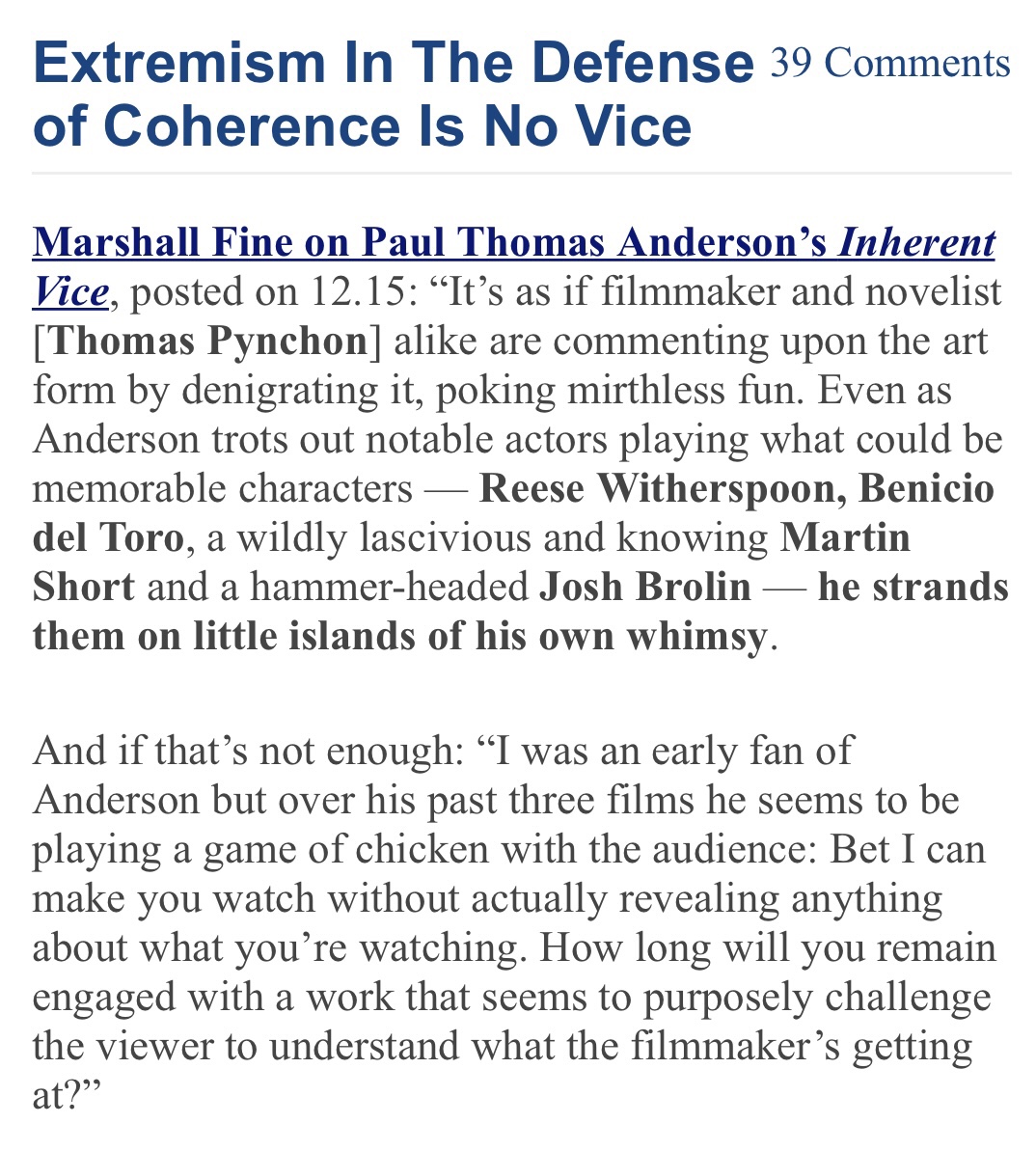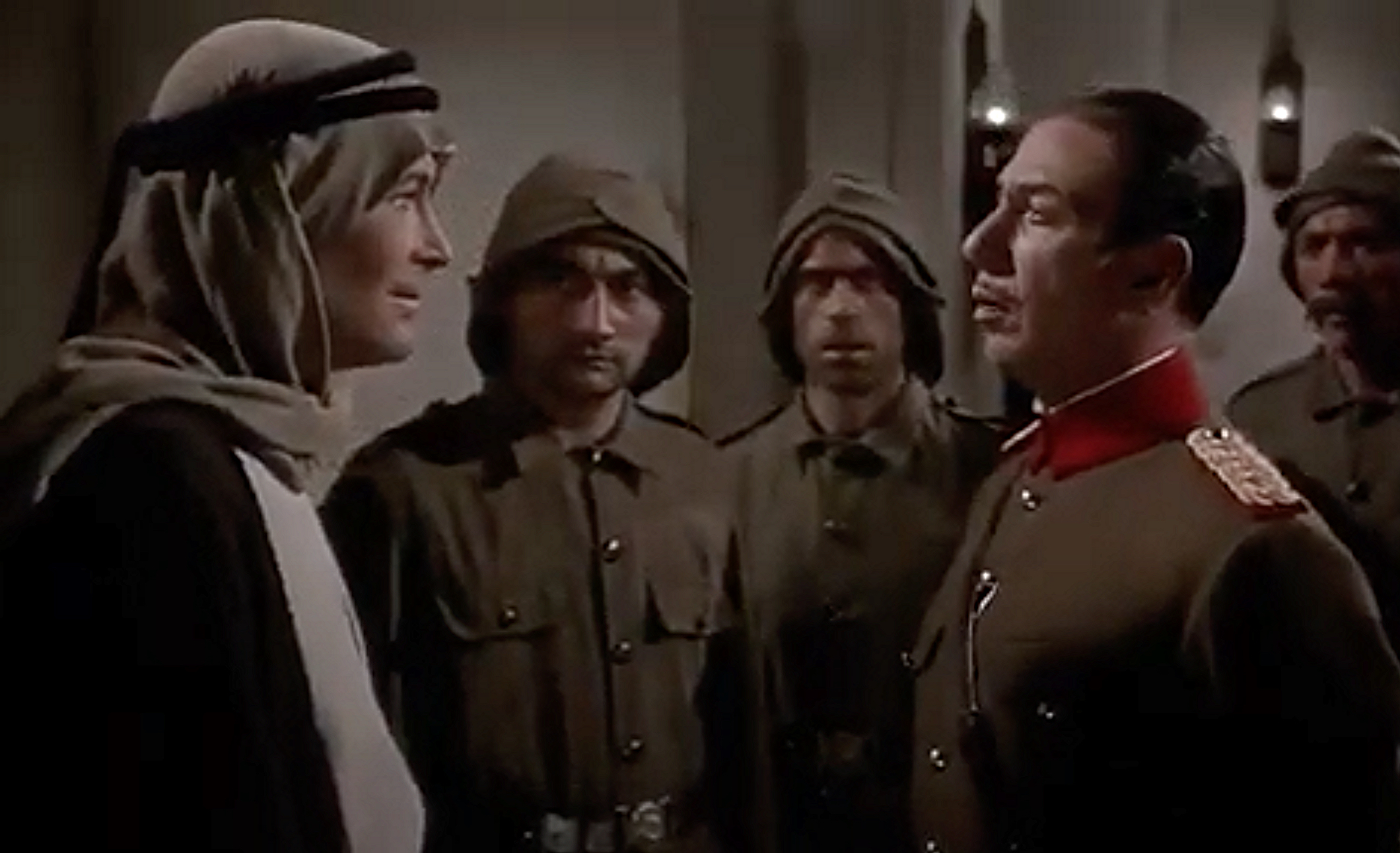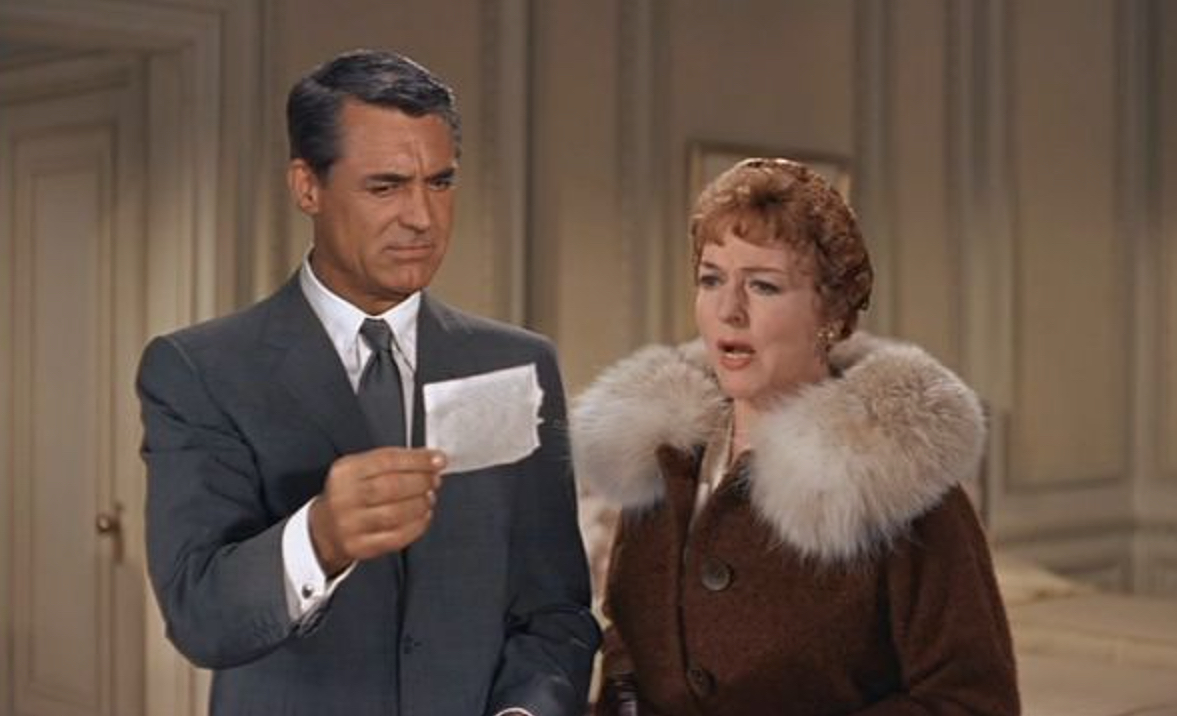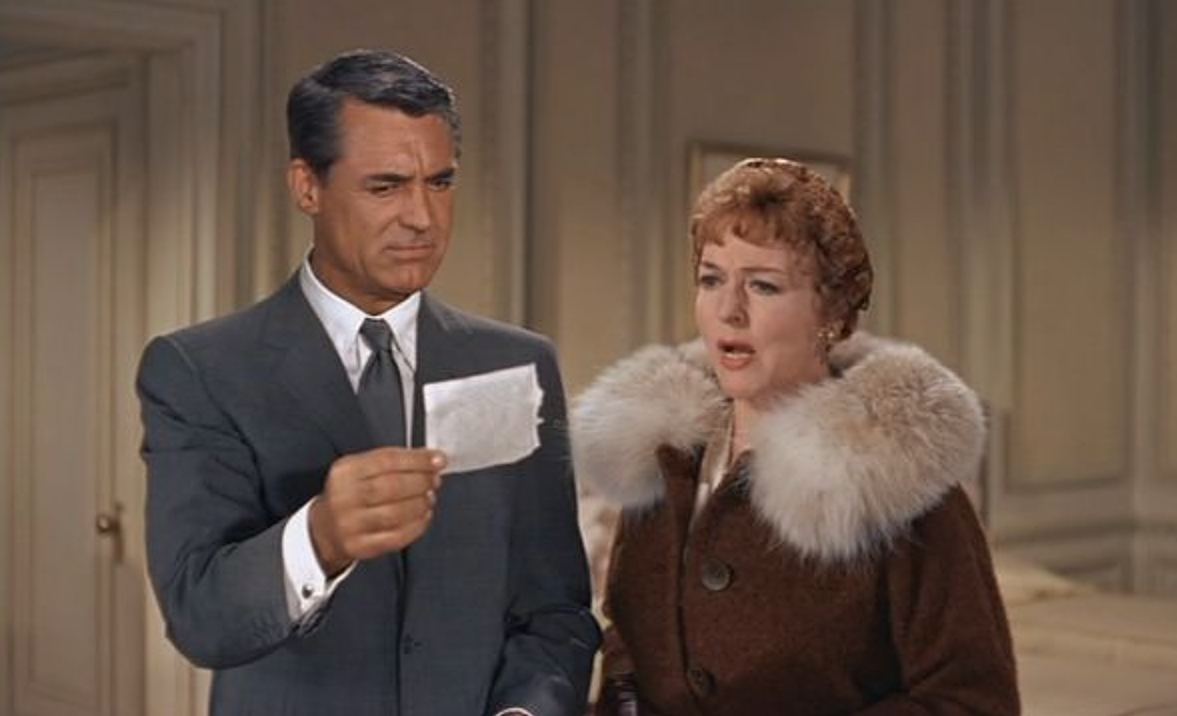I wouldn’t call myself “sad and lonely,” at least not in the Buck Owens sense of that term. But I do understand and relate to those anxious, intensely focused, mostly melancholy fellows who tend to populate Paul Schrader‘s films — aka “God’s lonely men”.
Because I’m more or less one of them. Not in a mopey or morose sense (or so I prefer to think) but certainly in the sense of being aware of the anxious and predatory nature of things out there, and certainly since the monsters came to Maple Street two or three years ago.
I have, I think, a livelier, spritzier attitude about things than, say, Ethan Hawke‘s “Reverend Toller” in First Reformed or Willem Dafoe‘s “John LeTour” in Light Sleeper, and I’m certainly more talkative and less guarded than Oscar Isaacs‘ William Tell in The Card Counter. But I relate in certain basic ways.
The Card Counter is a tight, well-organized, stripped-down drama about Tell and his basic situation, which is to play cards in various casinos and frequently win but at the same time stay away from the big pots — bet modestly, win modestly. Because he’s a shrewd and meticulous-minded fellow, and not stupid enough to agitate the pit bosses, who are always on the lookout for “counters.”
The film is only peripherally about cards and casinos, of course — it’s mainly about the wearing of a Schrader mask while grappling with buried guilt.
I found The Card Counter entirely solid and sturdy for the first 70 or 80 minutes. In my view it doesn’t end right — doesn’t quite bring it all home. But I didn’t feel burned or under-nourished either.
It’s basically a three-hander — Isaac plus costars Tye Sheridan (“Cirk”) and Tiffany Haddish (“La Linda”). Willem Dafoe‘s character, a former military guy (“Major John Gordo”) whom Isaac’s character served with during the Iraq War, is too peripheral (at least in terms of screen time) to be called an ensemble member.
In any event four-fifths of the film is taut and absorbing, and Isaac’s performance is highly respectable.
But Haddish’s character, a kind of casino scout who reps big-money guys who are looking to invest in exceptional poker players, never seems to really matter that much. I have to add that I didn’t believe her performance, and that she has no chemistry with Isaac. Matters of trust, attraction and sexuality between these two never seem the least bit interesting, much less central or necessary.
The film definitely goes soft when William and La Linda go on a date, taking an evening stroll through a lighted outdoor garden and becoming intimate later that evening. (Or soon after.) I was asking myself “why is this happening?” and “what could William having sex with La Linda possibly have to do with anything>?”
The sexual communion and levitation moment between Ethan Hawke and Amanda Seyfried in First Reformed was a whole different thing. It was transcendent, liberating, other-worldly.
At the very end La Linda pays a visit to William in the same manner that Lauren Hutton visited Richard Gere at the close of Schrader’s American Gigolo, and in which Marika Green visits Martin LaSalle at the end of Robert Bresson‘s Pickpocket. My basic reaction was “this isn’t right…it diminishes the value of the previous two visits.” I’m not saying the ending fails, but it certainly underwhelms.
And yet the fact that I found The Card Counter to be four-fifths effective is a ringing endorsement — seriously. I can shrug off an ending if it doesn’t quite get it.
Read more


